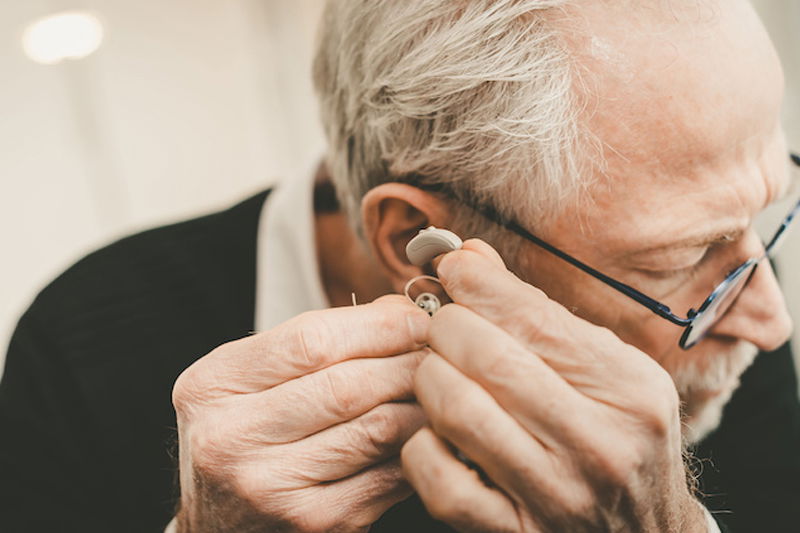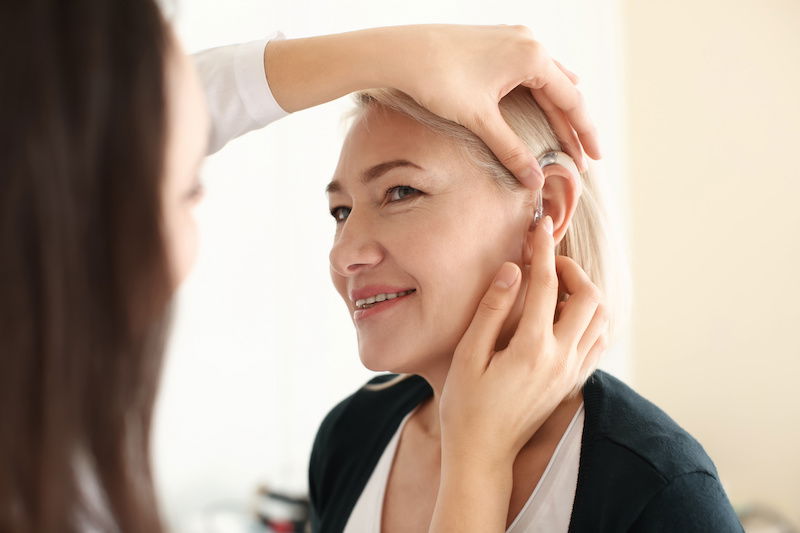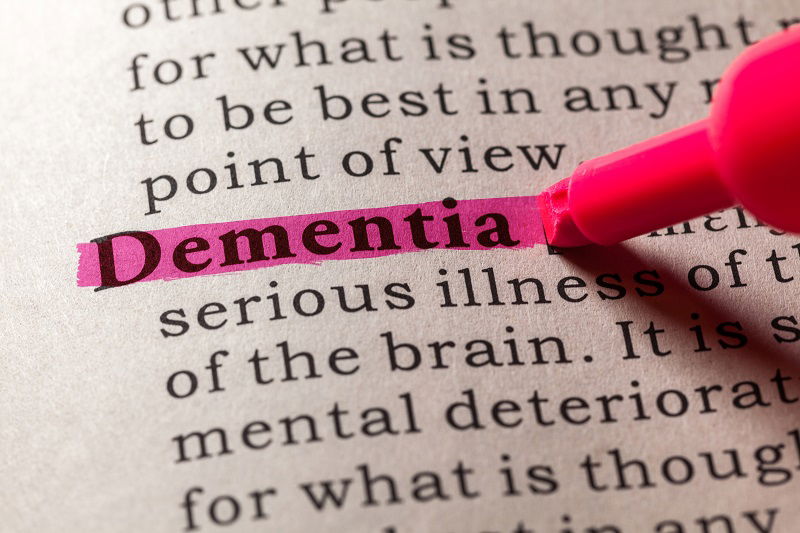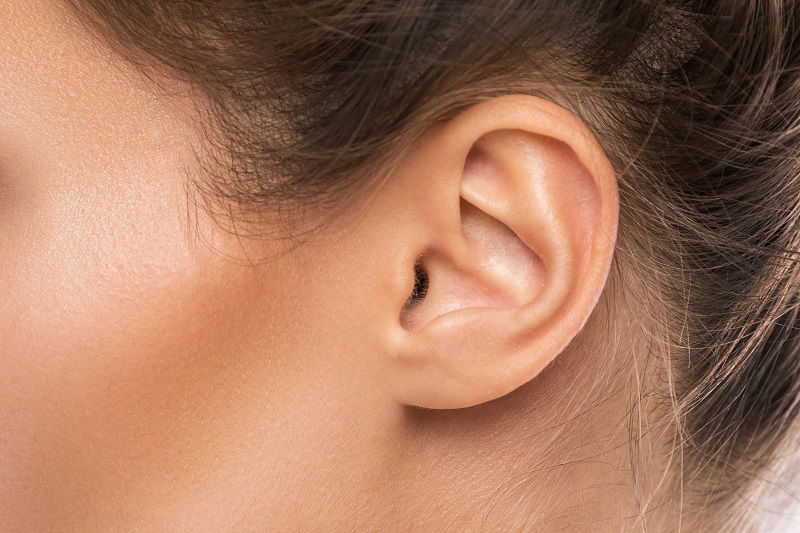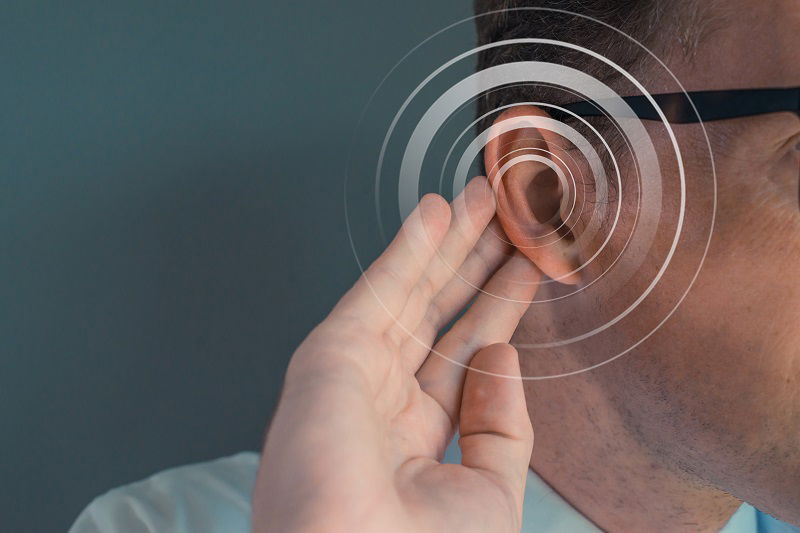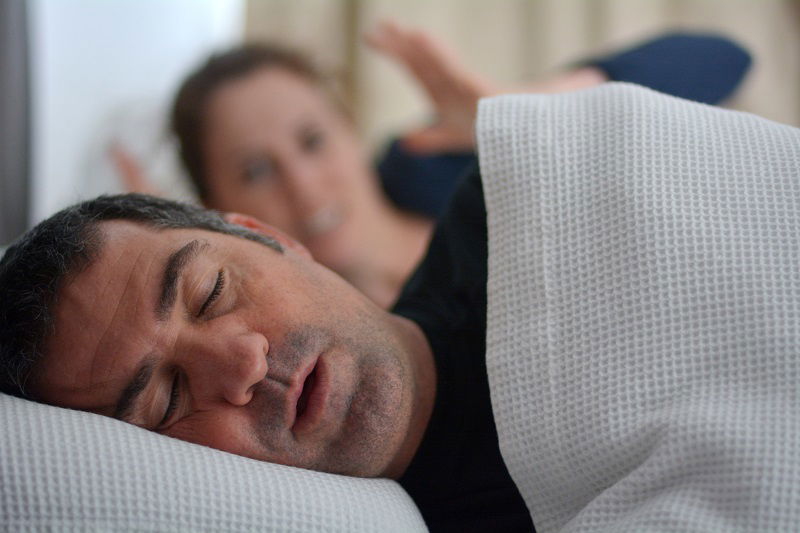Hearing aids are a marvel of modern technology. They can help you hear sounds that you might not have been able to hear on your own for years. However, for all of their benefits, hearing aids are not without their annoyances and frustrations. One common issue experienced by many hearing aids users is feedback, which… Continue reading Why do my hearing aids whistle?
Category: oliveraud
How long does it take to adjust to new hearing aids?
If you are a new hearing aid wearer or if you are considering getting hearing aids, you might be wondering how long it takes to adjust to new hearing aids. At first, it might seem like there would be no adjustment period. However, for most people, there is a noticeable adjustment period of at least… Continue reading How long does it take to adjust to new hearing aids?
New Study Links Hearing Loss with Dementia in Older Adults
Researchers have long known that hearing loss is associated with other medical conditions. A new study shows a link between hearing loss and dementia in older adults. Here is what you need to know about the study, its findings, and what you can do to help prevent dementia. The study was led by researchers at… Continue reading New Study Links Hearing Loss with Dementia in Older Adults
New Research: A checkerboard pattern of inner ear cells enables us to hear
The inner ear is a remarkable sensory organ responsible for our ability to hear and maintain balance. It is composed of a complex network of cells and structures that work together to detect and interpret sound waves and movement. Recent research has uncovered the fascinating phenomenon of cell self-organization in the inner ear, whereby cells… Continue reading New Research: A checkerboard pattern of inner ear cells enables us to hear
What You Should Know About Asymmetrical Hearing Loss
If your hearing loss is worse in one ear than the other, you may have asymmetrical hearing loss. Here is what you need to know about asymmetrical hearing loss. What is asymmetrical hearing loss? Asymmetrical hearing loss refers to a condition in which there is a difference in hearing ability between the two ears. This… Continue reading What You Should Know About Asymmetrical Hearing Loss
How to Train Your Brain to Better Hear in Noise
When you listen, you focus on one source of sound, such as the voice of the person you are talking to or the TV show you are watching. Your brain automatically filters out background noise, such as traffic noise, background music, or other conversations happening around you. This can be difficult in some circumstances, and… Continue reading How to Train Your Brain to Better Hear in Noise
New Study Shows the Benefits of Hearing Birds
If you have untreated hearing loss, you might be missing a lot of sounds in your everyday life. You might have difficulty understanding speech, making conversations with your family and friends challenging. You might not be able to hear your favorite music, movies, or TV shows without turning the volume up much higher than you… Continue reading New Study Shows the Benefits of Hearing Birds
Hearing Loss and Sleep Apnea
If you have been diagnosed with sleep apnea, your doctor may have told you that sleep apnea puts you at increased risk for a number of other health conditions, including heart problems, high blood pressure, type 2 diabetes, metabolic syndrome, liver problems, and more. However, did you know that sleep apnea also increases your risk… Continue reading Hearing Loss and Sleep Apnea
Are Your Bad Habits Affecting Your Hearing?
Do you have a bad habit you want to break in the New Year? A habit is a way of behaving that is repeated and occurs subconsciously. These everyday actions become part of us and our identity. Some practices are harmless, while others may appear harmless but are detrimental to our health. Habits can be… Continue reading Are Your Bad Habits Affecting Your Hearing?
Mounting Evidence Suggests Connections between Hearing Loss and Cognitive Impairment – Even in Young Adults
Over the past several years, studies have indicated a connection between hearing loss and cognitive impairment. While this connection may not be intuitive, mounting evidence from studies across different age groups shows that such a connection does exist. The majority of past studies focused on older adults, and the findings indicated connections between increased prevalence… Continue reading Mounting Evidence Suggests Connections between Hearing Loss and Cognitive Impairment – Even in Young Adults
